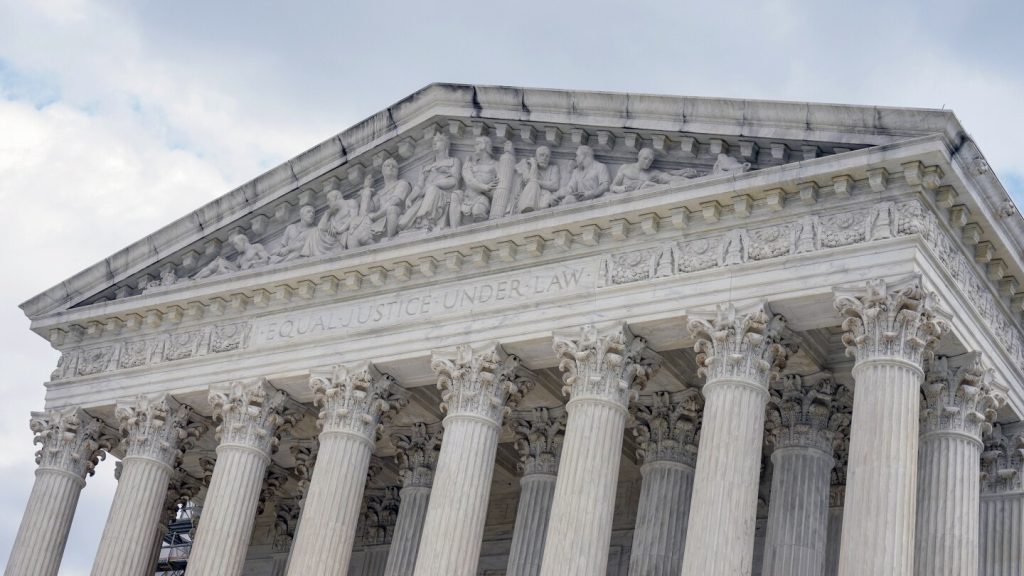The Supreme Court recently ruled 7-2 to uphold the Consumer Financial Protection Bureau (CFPB) and rejected a conservative-led attack that aimed to undermine the agency. The ruling, with Justice Clarence Thomas writing the majority opinion, affirmed that the way the CFPB is funded does not violate the Constitution. The case was brought by payday lenders who objected to a bureau rule that limited their ability to withdraw funds directly from borrowers’ bank accounts. The CFPB, created after the 2008 financial crisis, regulates mortgages, car loans, and other consumer finance, and has returned $19 billion to consumers since its inception.
The CFPB, championed by Democratic Sen. Elizabeth Warren, has faced opposition from Republicans and their financial supporters. The agency is unique in that it does not rely on the annual budget process in Congress but is instead funded directly by the Federal Reserve, with an annual limit of around $600 million. President Joe Biden, who has taken steps to strengthen the bureau, hailed the Supreme Court’s ruling as a win for American consumers. The decision was met with praise from consumer groups and a bureau spokesman, who emphasized the importance of maintaining essential consumer protection enforcement.
In a dissenting opinion, Justice Alito expressed concerns about the bureau’s funding structure, arguing that it allows the CFPB to operate without congressional oversight or control. The federal appeals court in New Orleans previously held that the funding mechanism violated the Constitution’s appropriations clause, but the Supreme Court disagreed, citing historical practices related to the First Congress. The lengthy delay in reaching a decision on the case was attributed to Alito’s dissent and additional opinions from Justices Kagan and Jackson.
Consumer advocates, such as Jesse Van Tol of the National Community Reinvestment Coalition, praised the decision, highlighting its positive impact on the U.S. economy. While some business interests, including the U.S. Chamber of Commerce, supported the payday lenders in the case, other sectors regulated by the CFPB, such as mortgage bankers, cautioned against a broad ruling that could disrupt the markets. In a previous 2020 CFPB case, the Supreme Court ruled that the head of the bureau could be replaced by the president at will, but allowed the agency to continue its operations despite concerns about insulation from removal.
Overall, the Supreme Court’s decision to uphold the funding structure of the CFPB is viewed as a victory for consumer protection and financial oversight. The ruling reaffirms the bureau’s authority to enforce regulations on lenders and other financial institutions. While the case brought by payday lenders sought to challenge the CFPB’s power, the outcome signals continued support for the agency’s mission to safeguard consumers and prevent financial misconduct. The decision has implications for federal regulatory agencies and sets a precedent for future challenges to their operations.


